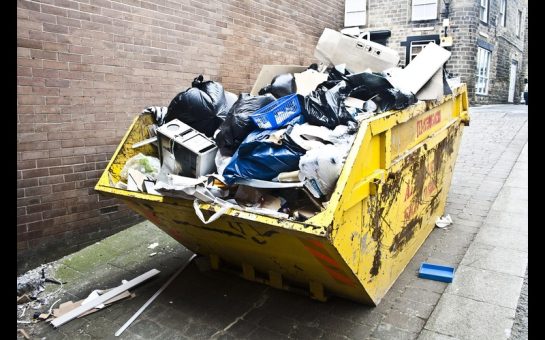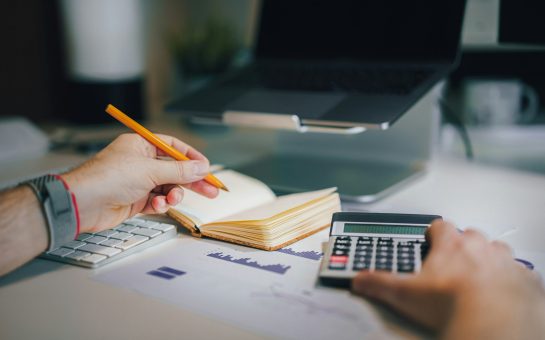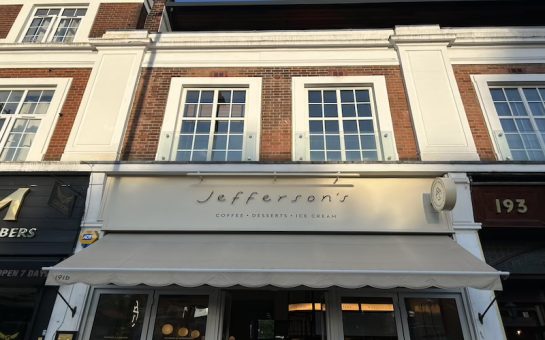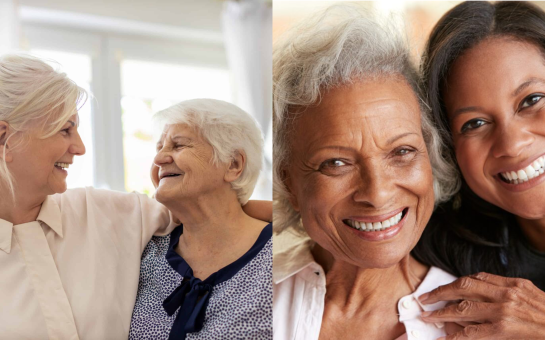The MP for Tooting has rolled out a plan for businesses in south west London to become ‘safe spaces’ for women and girls who feel threatened or unsafe.
Dr. Rosena Allin-Khan, Shadow Mental Health Minister, hopes that the voluntary initiative will help to prevent the immediate risks that face women and girls, with businesses that opt into the scheme providing a safe environment for women, where they can charge their phone or contact help if they feel unsafe.
The scheme was announced in the wake of the Sarah Everard case, and with misogyny now classified as a hate crime in the UK, it’s seems as though the UK is finally starting address its relationship with the systemic causes of violence against women.
Allin-Khan said: “Women and girls deserve to feel safe on our streets.
“The Government are failing to enforce existing laws, dismissing Labour’s calls for new legislation to protect women and girls, and are without a strategy to tackle the misogynistic attitudes that underpin the abuse women face.
“Now is the time to put in long overdue protections for women and girls, but the Government isn’t taking this issue seriously.
“With darker nights fast approaching, I’m calling on local businesses to sign up and be a Safe Space where women and girls know they can pop in when they feel unsafe walking home, charge their phone, or even make a call to the police.”
The scheme launched with the initial support of 5 businesses in the Tooting and Balham area, including: Love Triangle Pizza, The Exhibit Bar, and The Kings Head Pub.
There are currently over 30 safe spaces in the area who have opted into the scheme on a voluntary basis, with any business in the Tooting and Wandsworth areas being eligible to register as a designated safe space via Allin-Khan’s website.
Ben Mason, 41, co-founder of Love Triangle Pizza, said that by signing up to the scheme, businesses could help to take active measures in protecting their community, and that it formed part of an ongoing dialogue of how we can work to keep women safe in our society.
Mason commented: “After seeing the impact of the Sarah Everard case on lots of our staff and how viscerally it affected them, I was talking to them about how they can make women feel safer on the streets.
“When Rosena suggested the scheme, it just felt like a very pragmatic solution to those ends.
“Even if the practical use of it isn’t huge, it just helps make people aware of the need to be part of the community and care about people and I think that’s very important.
“Community is right at the heart of what we do, and in London, you’re surrounded by so many people that you forget who your neighbours are.
“I think that the more initiatives that can remind everybody who they live around, can lead to a more empathic society.”
According to a UN report from March 2021, 71% of all women in the UK have experienced some form of harassment in a public space, with the number rising to 86% in 18–24-year-olds.
45% of women who did not report incidents thought that reporting the incident wouldn’t help, with the report calling on both national and local bodies to come up with coordinated programmes to tackle misogyny, and to change the national dialogue on violence against women.
Jo Atkins-Potts, the founder of “Feminists Of” said: “Dr Allin-Khan is prioritising the needs of her constituents and I understand that and I applaud that.
“She’s saying that the scheme provides protections because women need it and the government isn’t providing it.
“I go back to the strong belief that there is no universal approach to ending violence against women.
“I really believe that the cumulative effect of local change will lead to global transformation, so if we’re looking at local areas and supporting local people, and creating local solutions, that is where I feel there is real power.
“Local initiatives are quite often overlooked in terms of – but what might work in London might not work in Ipswich.”
The UN report found that awareness campaigns such as the #MeToo along with grassroots movements were vital in constructing platforms of local and national support that drive forward change.
Whilst the report found that safe space initiatives were not a silver bullet solution, they were important in contributing to making women feel more secure in their community, especially when combined with changes that focussed on addressing how misogyny was perceived by society.
Atkins-Potts added: “There is this Myth that sexual violence is inevitable.
“How many times have we heard ‘boys will be boys’ and that violence is so hardwired into parts of male sexuality, but there is so much evidence against that – that is, that sexual violence is inevitable?
“Instead of ‘women should do x, y, z to protect themselves’, it should be framing the narrative around men: ‘don’t rape women’, and to change that toxic culture to consent culture.
“What is going to change this culture is literally changing the way we talk about it and that’s what social change is.”
The House of Lords vote to make misogyny a hate crime is a step towards changing the dialogue surrounding misogyny.
However, Atkins-Potts said that there needs to be more central government action on education and in addressing the root causes of societal sexism.
Helpful resources in the fight to combat violence against women can be found via Women’s Aid: Survivor’s Handbook, Refuge, and Rape Crisis Centres.
To find out more about the safe space initiative, please click here.




